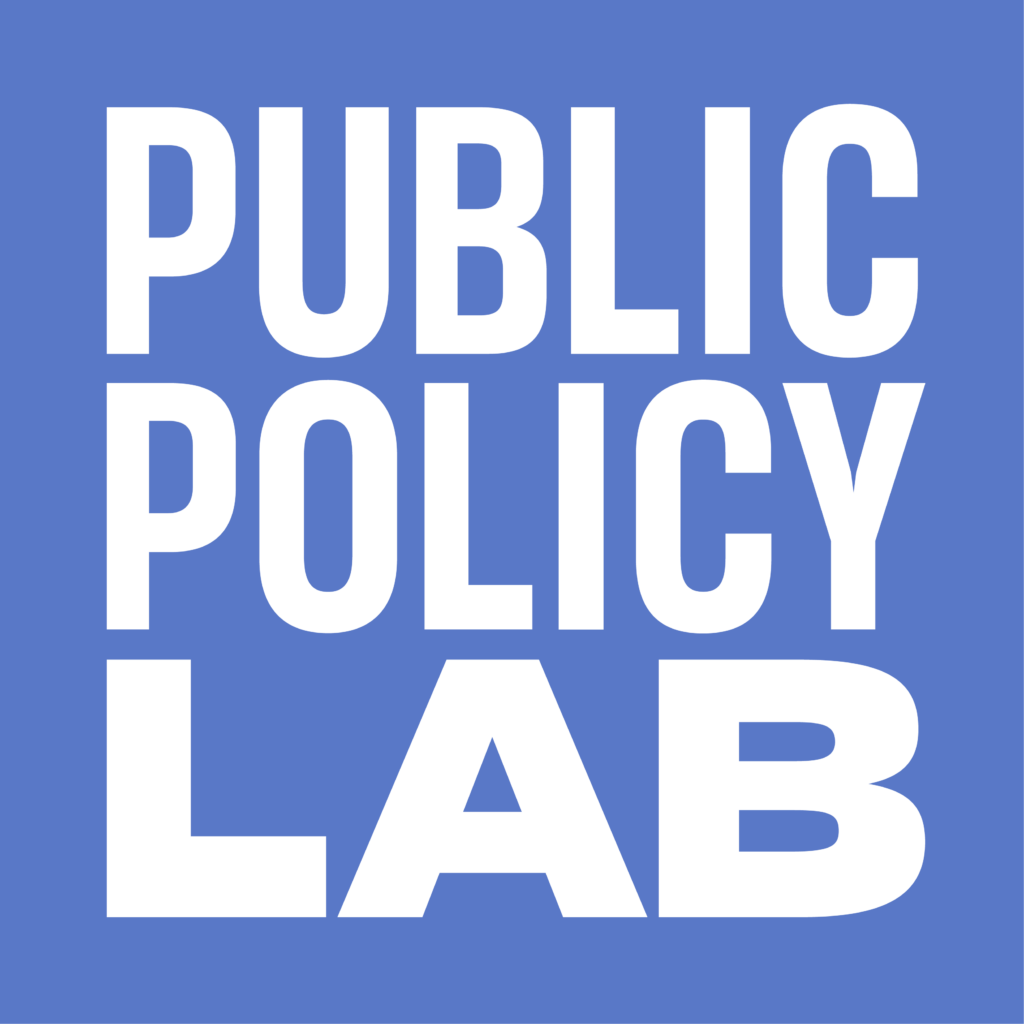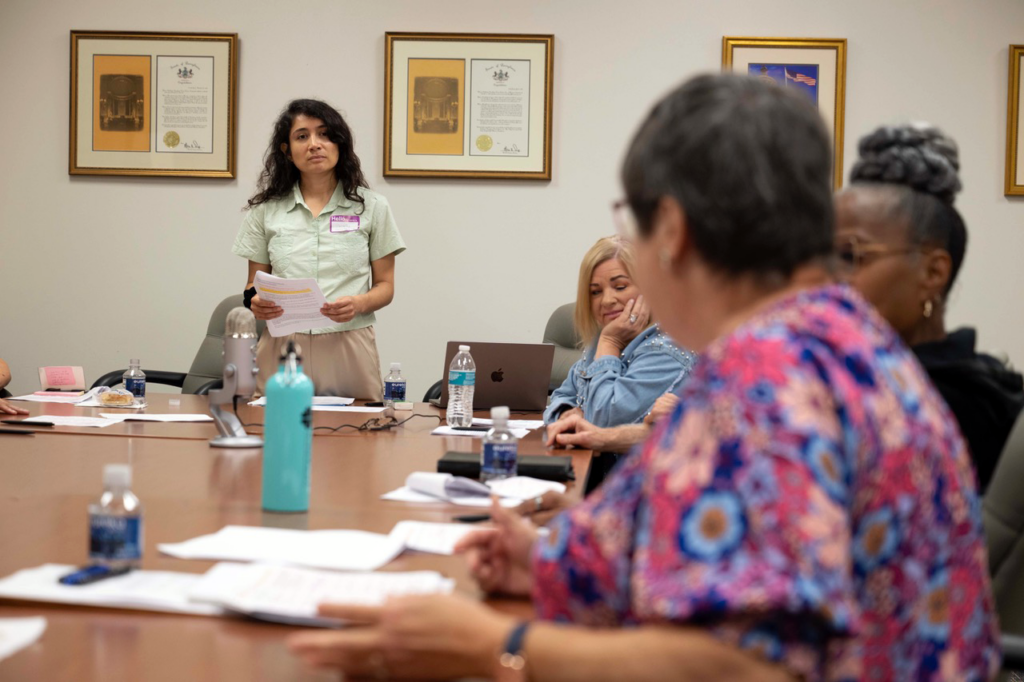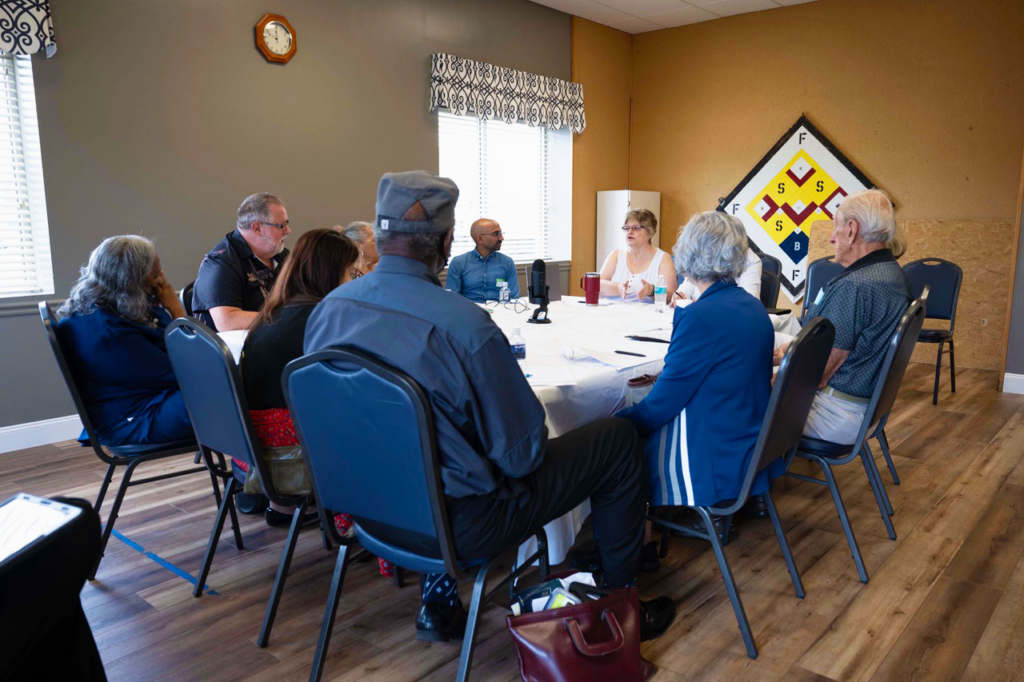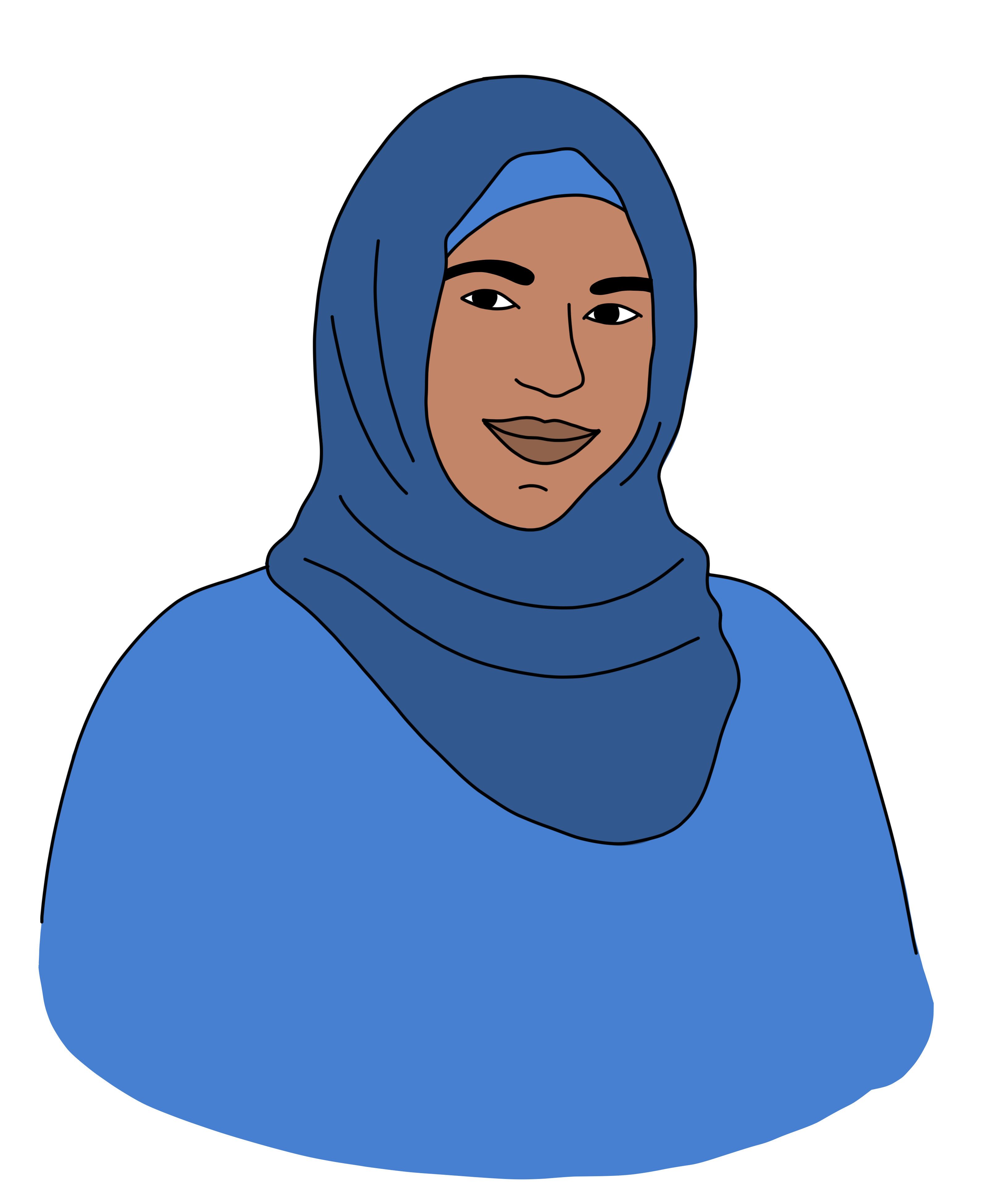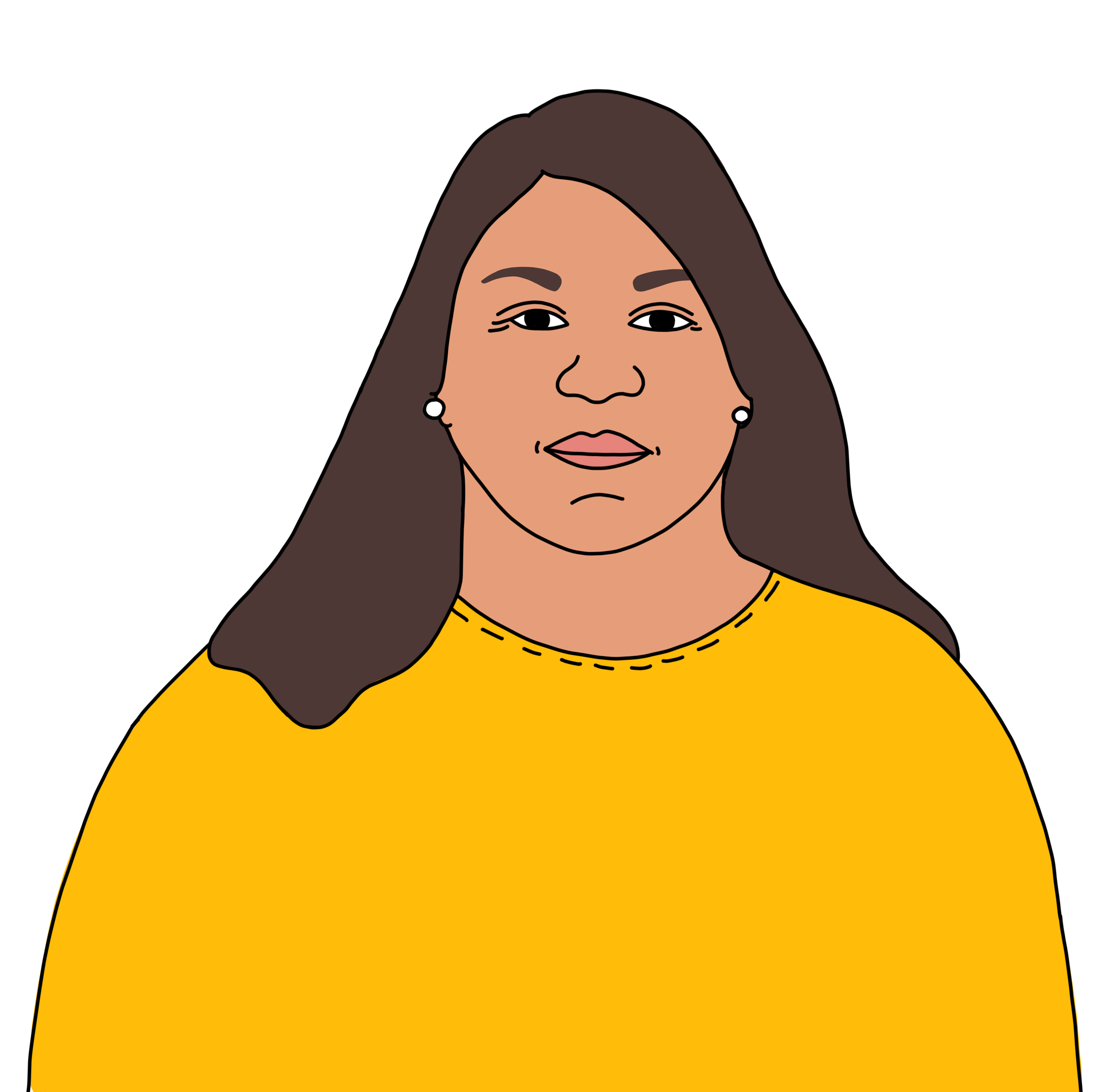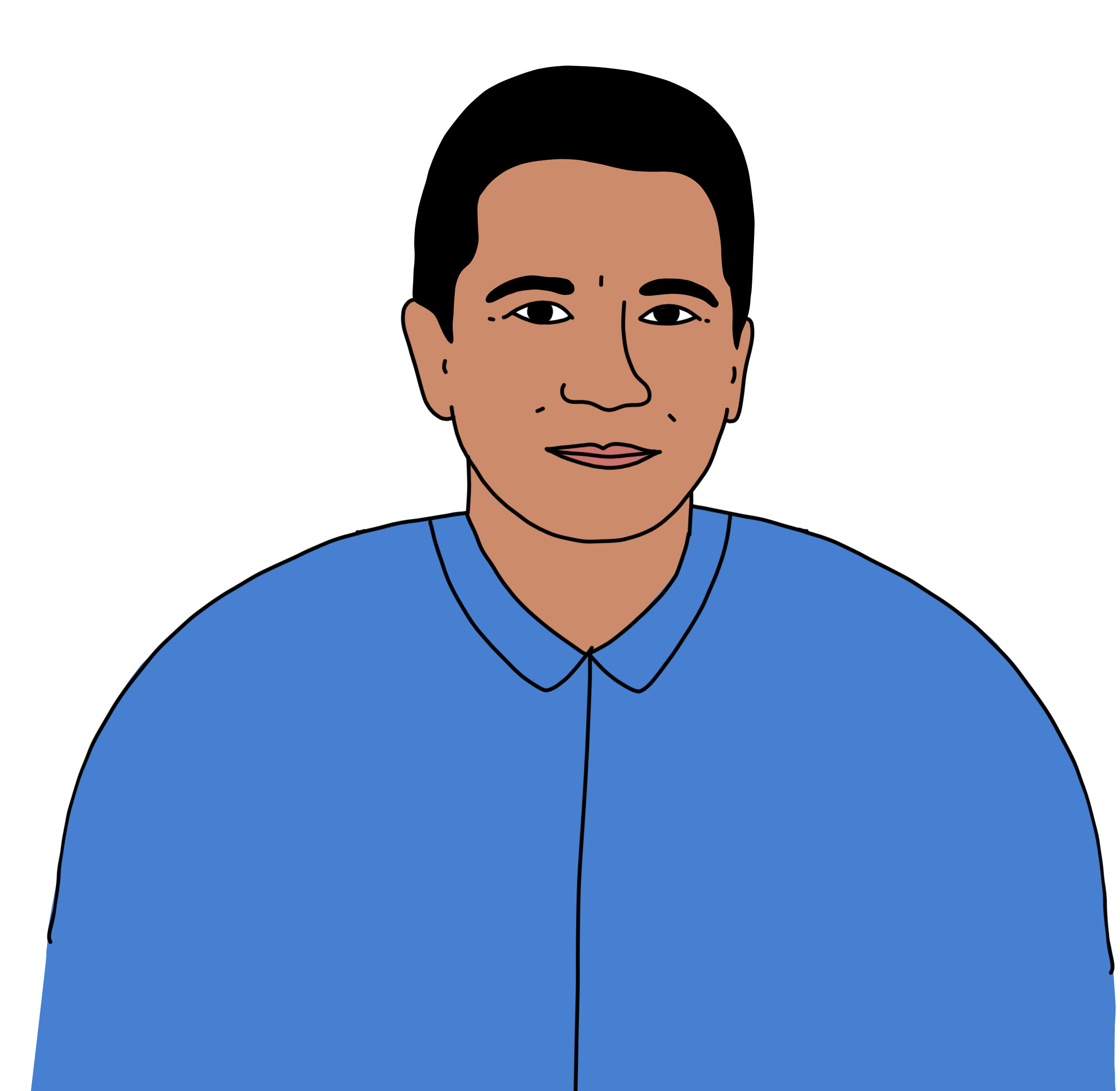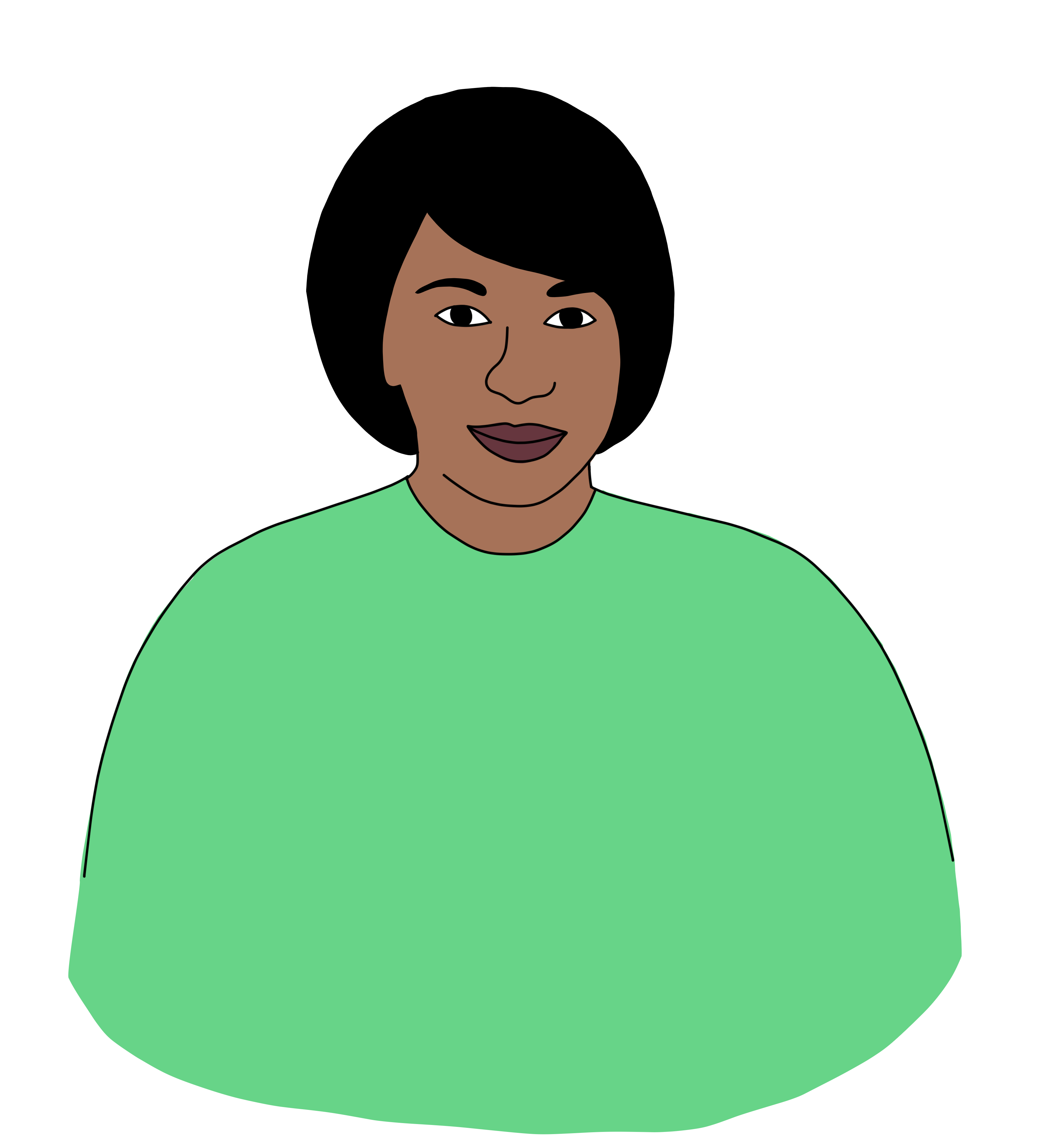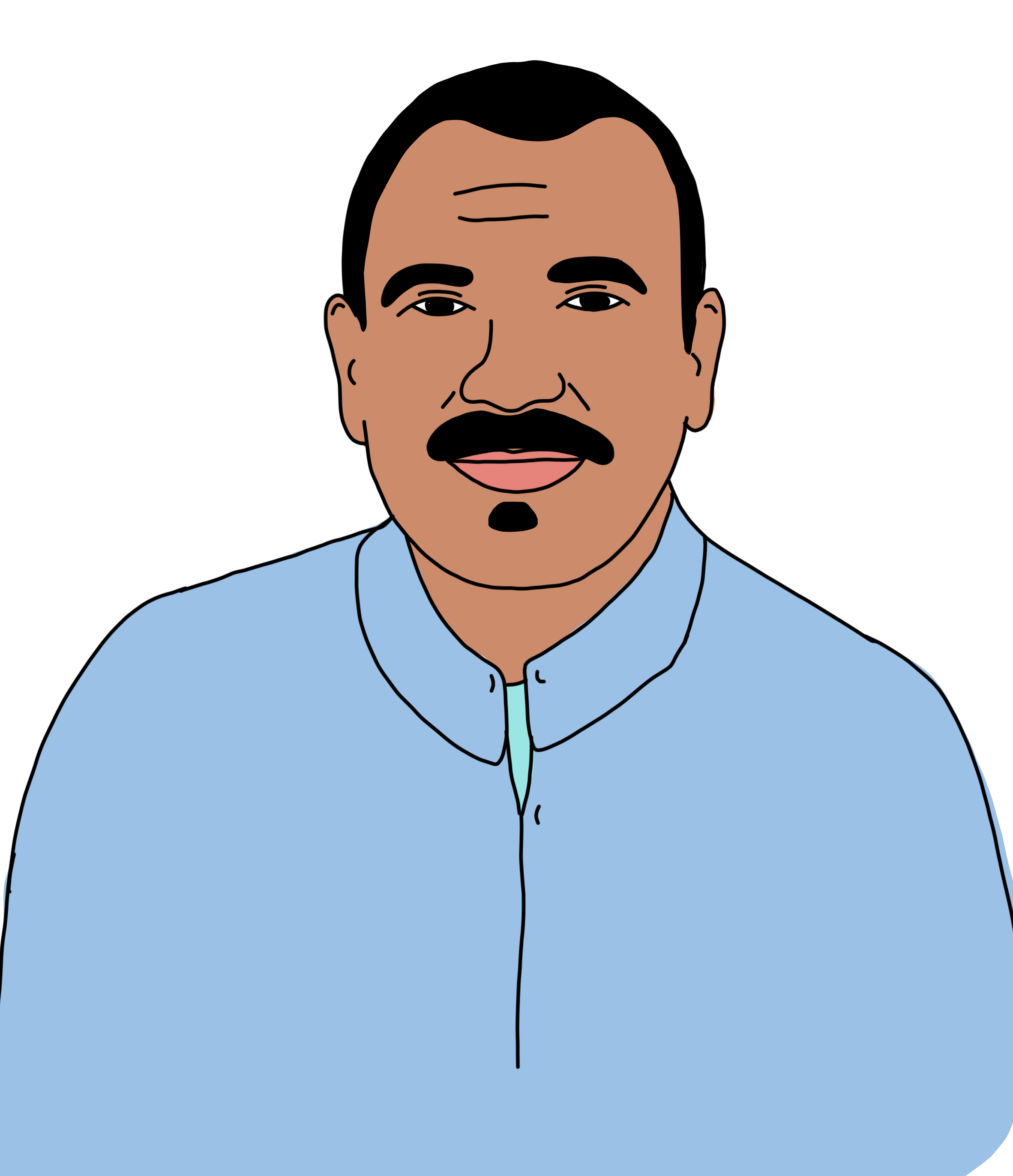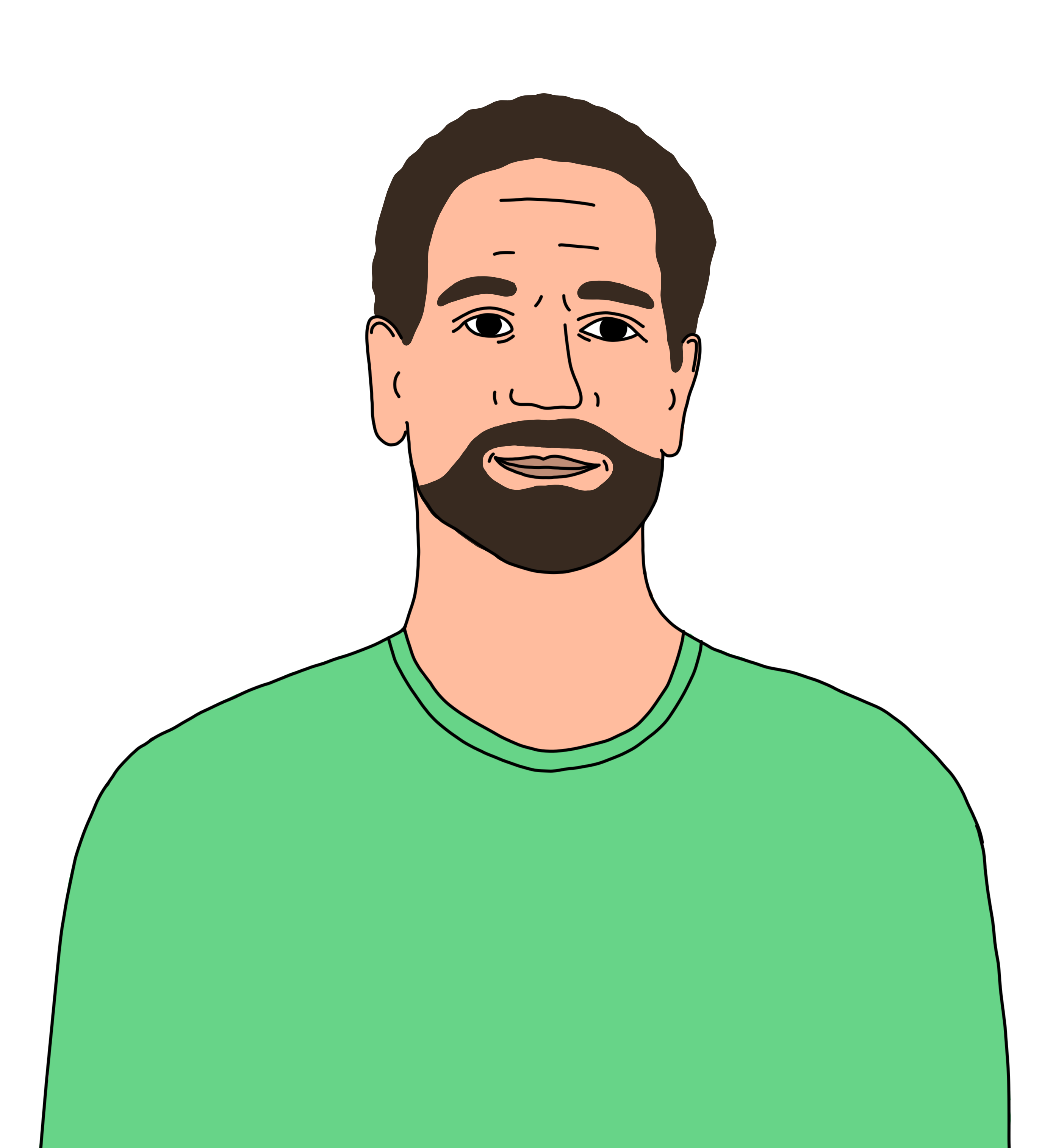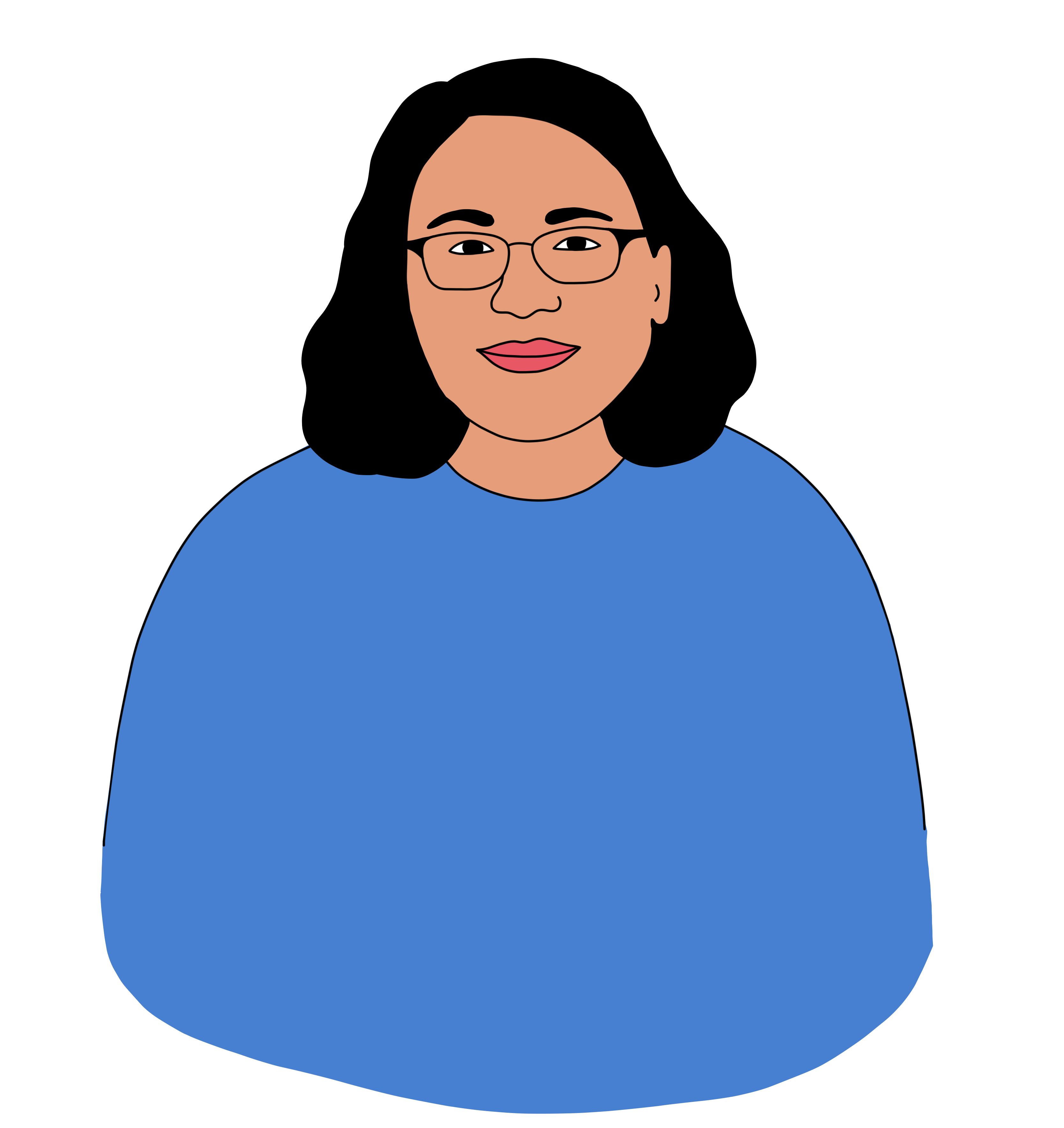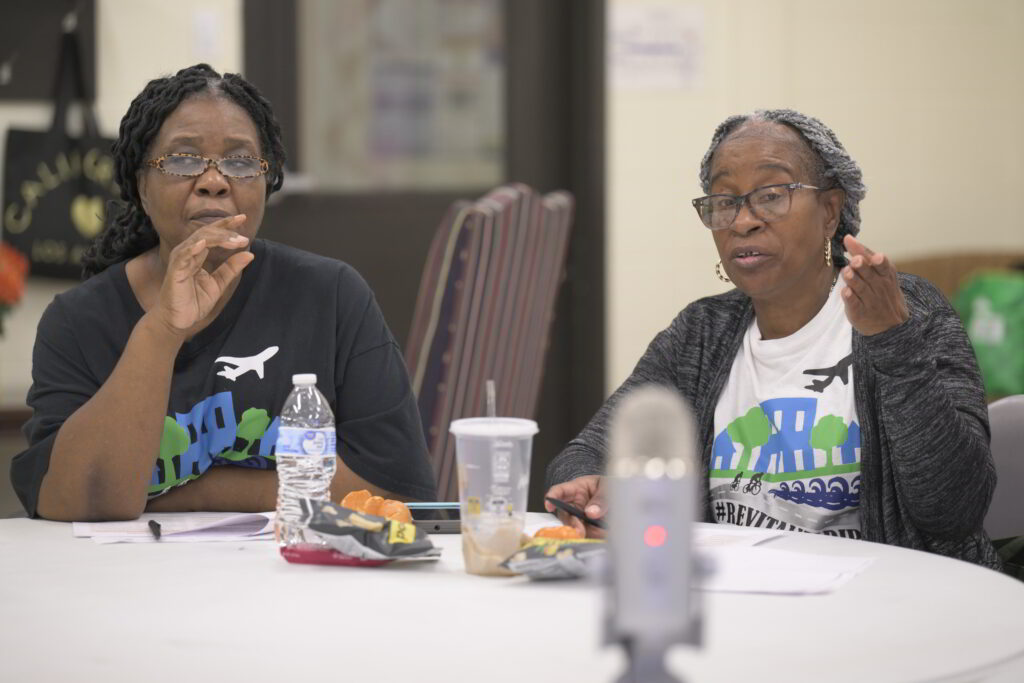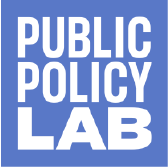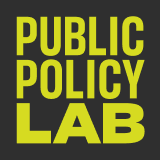Listening Sessions with Older Americans
How can we better understand the needs of older Americans to shape national policies that enable them
to age well with purpose?
Partners & Funders
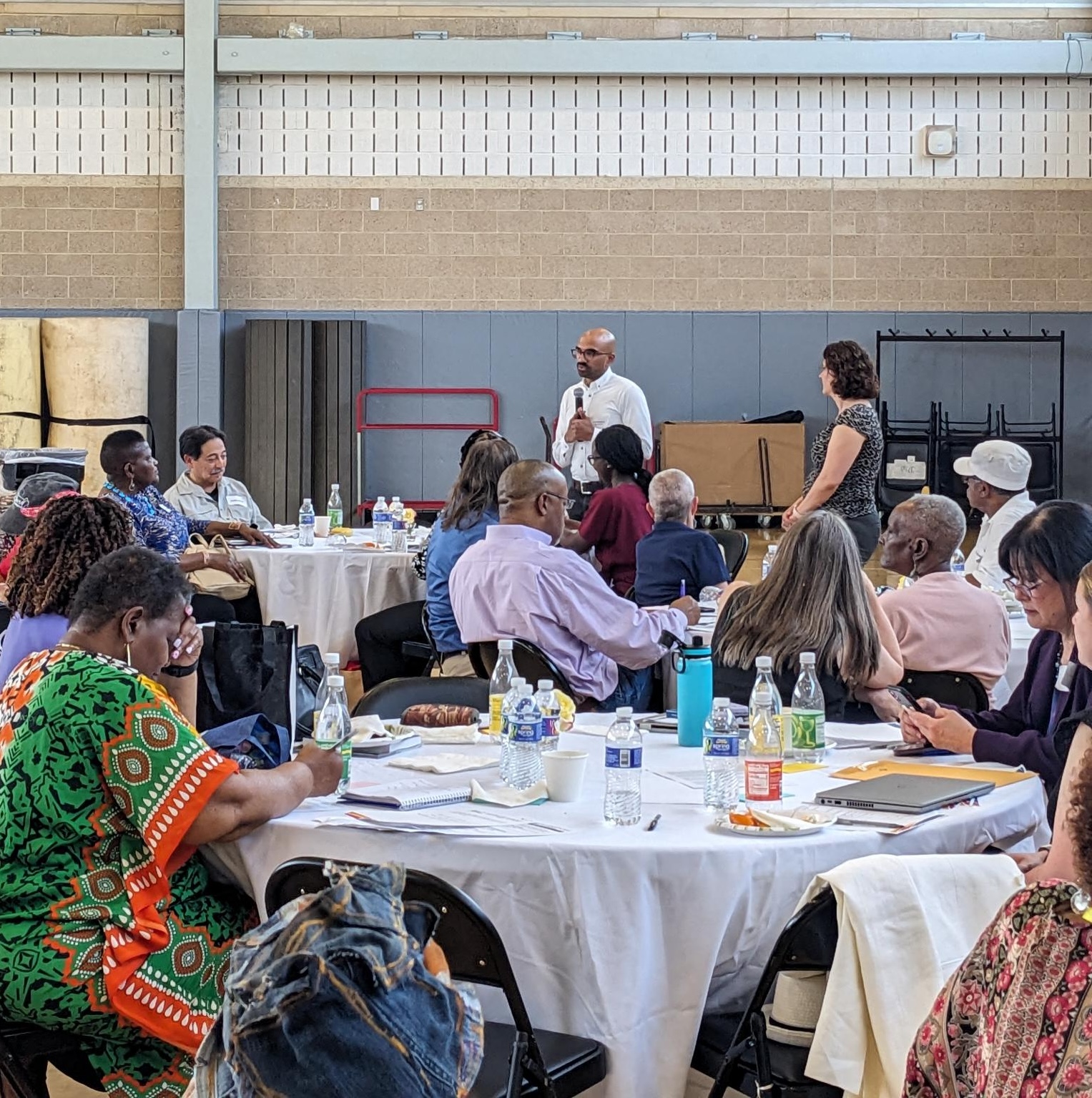
The Project
Federal policymakers released a framework on aging to inform policies that will help older
Americans age in home and community. However, policymakers often operate at a distance from the lived
experiences of older adults, particularly those with the greatest economic and social need. PPL will facilitate
listening sessions that bring together older adults to discuss aging and their needs and experiences within
the four domains in the national framework.
The Outcome
Based on the listening sessions, PPL will help develop research findings about older Americans’ needs
and opportunities. These findings will inform a future national plan on aging being developed by the cross
departmental Interagency Coordinating Committee on Healthy Aging and Age-Friendly Communities
(ICC).
Listening Sessions with Older Americans

How can we better understand the needs of older Americans to shape national policies that enable them
to age well with purpose?
Partners & Funders
The Project
Federal policymakers released a framework on aging to inform policies that will help older
Americans age in home and community. However, policymakers often operate at a distance from the lived
experiences of older adults, particularly those with the greatest economic and social need. PPL will facilitate
listening sessions that bring together older adults to discuss aging and their needs and experiences within
the four domains in the national framework.
The Outcome
Based on the listening sessions, PPL will help develop research findings about older Americans’ needs
and opportunities. These findings will inform a future national plan on aging being developed by the cross
departmental Interagency Coordinating Committee on Healthy Aging and Age-Friendly Communities
(ICC).


